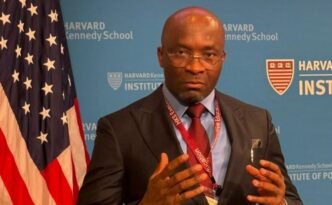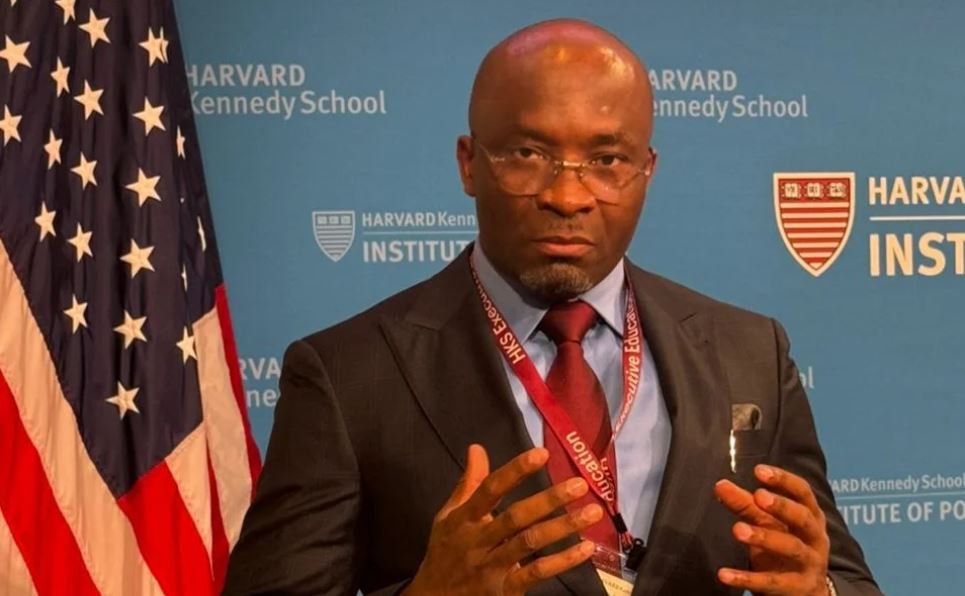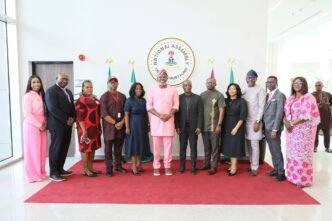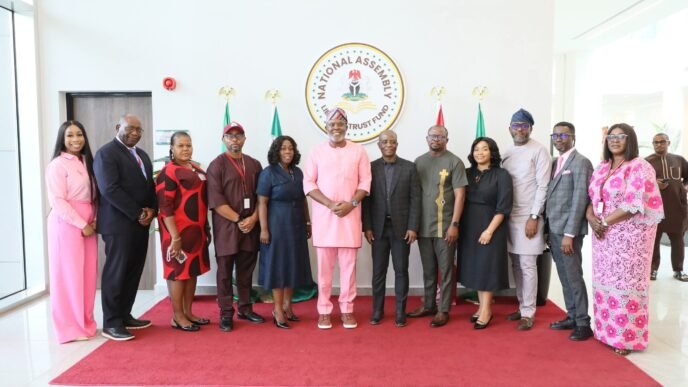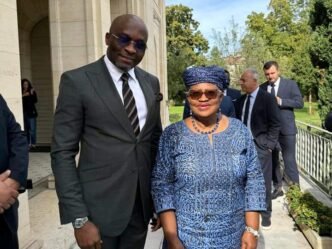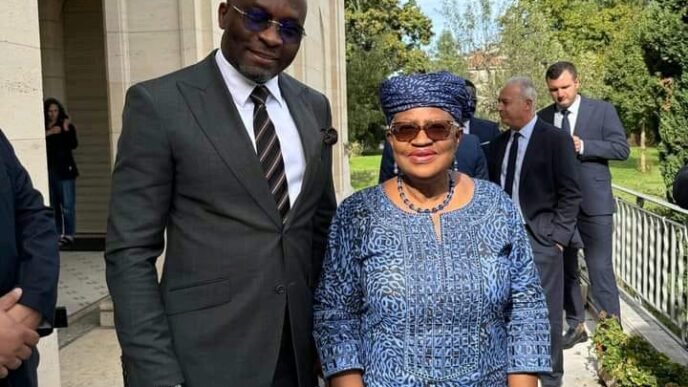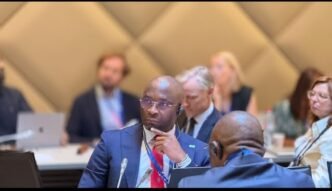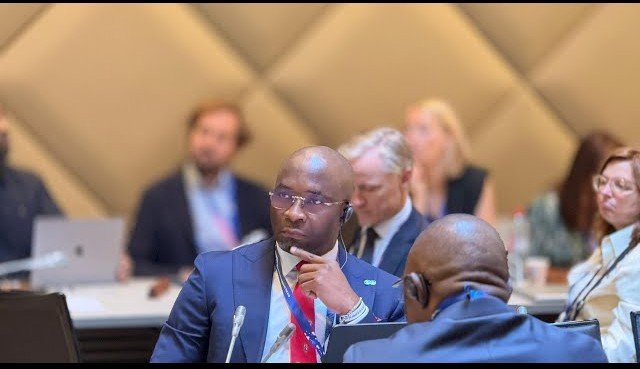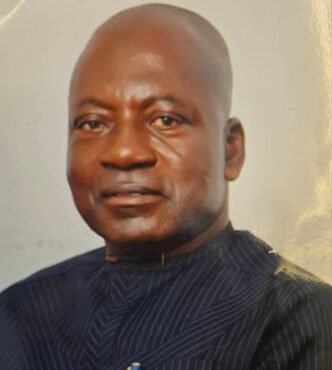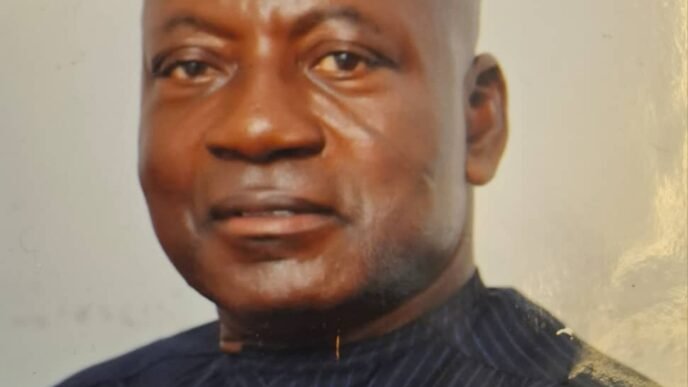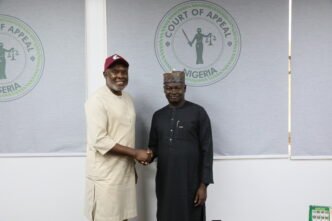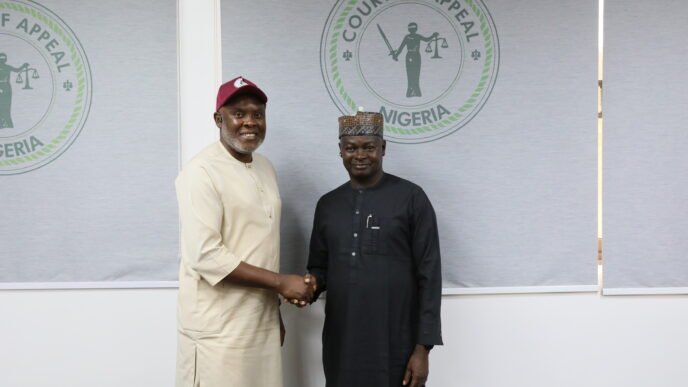René Descartes, the French philosopher, scientist, and mathematician, once stated that “The reading of all good books is like conversation with the finest men of past centuries.”
People often judge each other based on opposing political views, philosophies, religions, or educational backgrounds. However, it is essential to recognize that individuals experience a series of tests and challenges that shape their thoughts, instincts, and beliefs about life.
I do not believe that people are myopic or rational until I witness their decisions impacting others, regardless of personal interests. Additionally, I refrain from judging competence based on appearance, emotions, or alliances. Nevertheless, aesthetics can cloud human reasoning and judgment until one proactively chooses to liberate oneself from the constraints of emotional appraisal.
No prosperous society has ever emerged from the ranks of mediocrities, dullards, or illiterates. Instead, progress is driven by change agents who seek guidance from the best minds in society through knowledge-based research, transgenerational communication, and deliberate acts of personal development across various sectors. While we have the right to criticize our leaders when they fail to meet expectations, it is equally important to acknowledge their achievements when they excel in positions of public trust and authority.
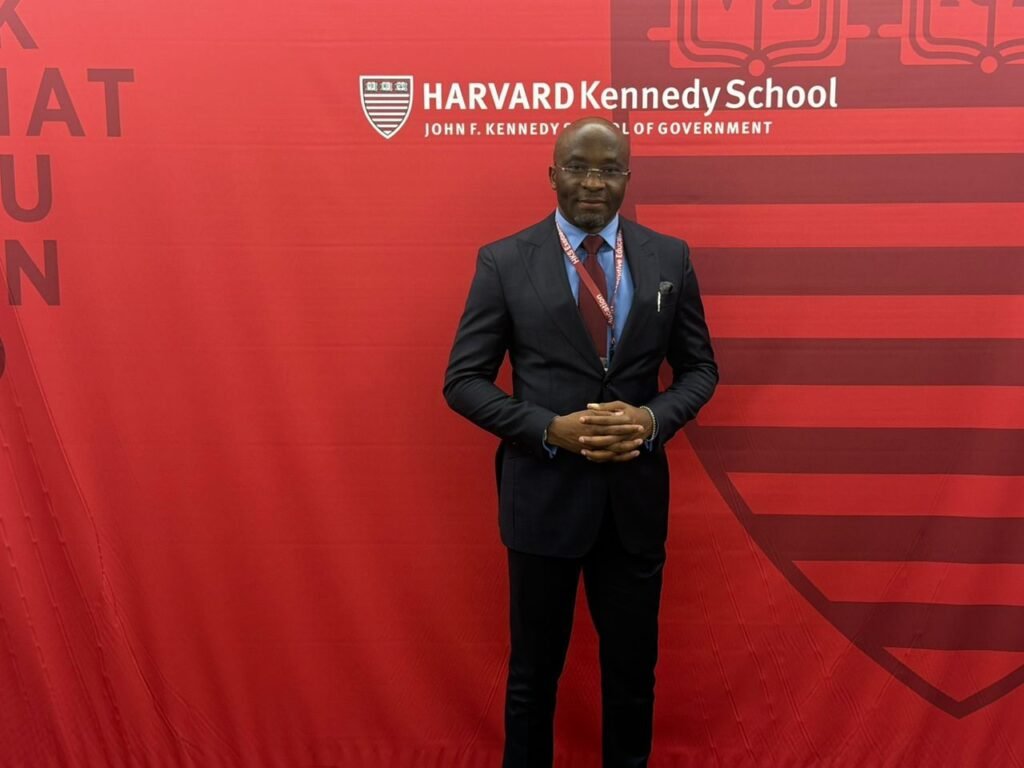
Benjamin Kalu has accomplished much but has yet to receive the recognition he deserves. Allow me to share a brief story. In June 2021, shortly after his tenure began, we conducted early morning constituency visits across Bende. During one of these visits, we encountered a young boy named Emmanuel, who donned a school uniform and was trekking down a muddy, overgrown path to school. This child’s hope for education had been tested by the failures of past leadership, characterized by inconsistency and neglectful political decisions. Despite the drizzling rain, Emmanuel faced another daunting day ahead, walking alone on an unkempt path.
Feeling compelled to help, we offered Emmanuel a ride to school, provided additional study materials, renovated his classroom, and placed his family on material support. However, the sight of that young child walking alone on a deserted road was traumatic for Honorable Benjamin Kalu. It spurred him into deep reflection and ultimately led to significant changes within the community, including revolutionary school renovations and rural road construction throughout the federal constituency. These efforts were not tied to any political season but stemmed from a genuine desire to transform the lives of the people—those whose chances of survival depended on accessible rural roads and a conducive learning environment.
Today, Kalu’s sacrifices have borne fruit. Anyone familiar with Bende a decade ago would see the remarkable transformation of once-neglected communities. Kalu has fostered a culture of political accountability while ensuring that our youth are strategically placed in public institutions across Nigeria. He has championed educational empowerment for young people eager to further their studies, currently boasting the highest number of educated political aides from Southern Nigeria. This is how institutions are built.
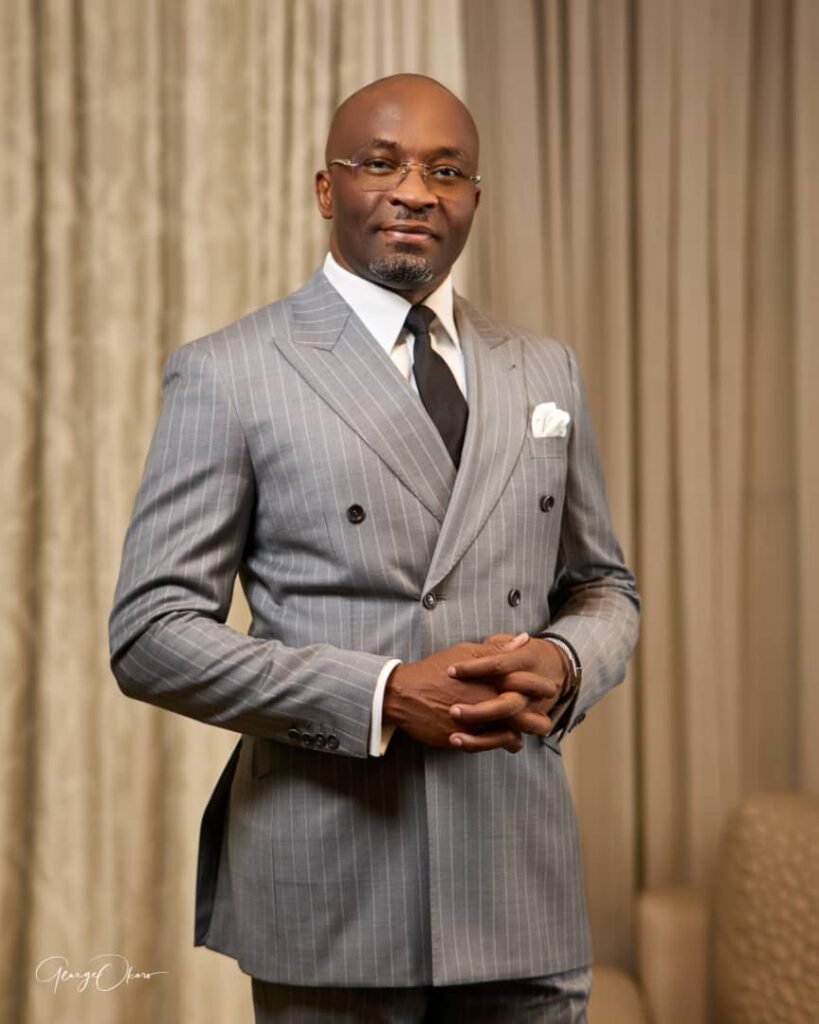
Although Benjamin Kalu has faced betrayal, persecution, and mockery, he has remained steadfast in his purpose. He views leadership as a service and understands the importance of continuous learning. One of his greatest strengths lies in his commitment to learning, unlearning, and relearning. This dedication not only enriches his own understanding but also empowers those around him.
Kalu embodies the belief that “readers are leaders.” His voracious appetite for knowledge has equipped him with the insights needed to inspire and guide others. He has actively cultivated a generation of young leaders who are not only engaged but also determined to disrupt decades of ineffective leadership in our nation. By instilling a culture of intellectual curiosity and lifelong learning, he affirms that effective leadership is rooted in informed decision-making and understanding the complexities of societal challenges.
Bond Ike Udeagha ANIPR
Abuja, Nigeria.
